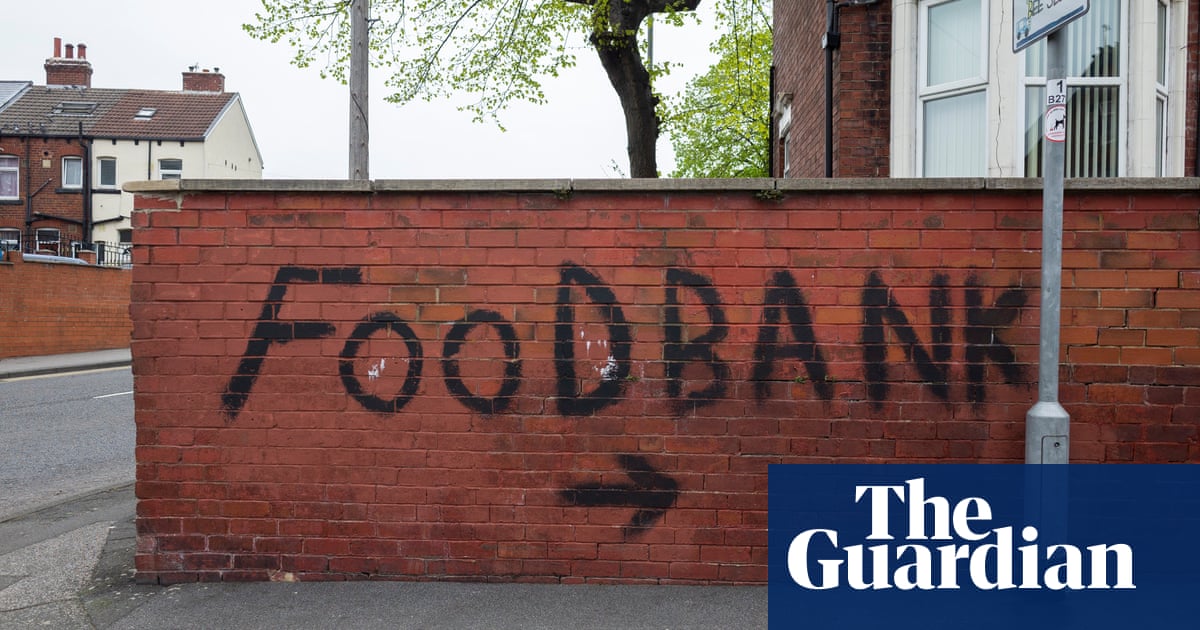Potato trouble and a runaway snake
U.S.
April 25, 1924: Potato ass’n to meet here At a meeting of the newly named directors and officers of the Michigan Potato …
Labour pledges to renationalise most rail services within five years
World
By Katy Austin, transport correspondent, & Kate Whannel BBC News 24 April 2024 Updated 1 hour ago Labour says it expects to …
Manor Lords Dev Explained Why The Price Hasn’t Been Revealed: ‘It’s a Bit Complex’
Technology
Manor Lords brings its in-depth medieval city-building to early access in just two days, so publisher Hooded Horse took the time to …
This liquid-free screen cleaner is down to $13 at Amazon — that’s 50% off
LifeStyle
It’s sad but true: I’m always in front of some sort of screen. During work hours, I sit in front of my …
Barclays first quarter earnings, swings back to profit amid overhaul
Business
Signage shines through a window reflecting Barclays head office in Canary Wharf, London, U.K. Bloomberg | Getty Images LONDON — Barclays on Thursday reported …
WWE NXT Viewership & Ratings Report, 4/23/2024
Entertainment
WWE The April 23, 2024 edition of “WWE NXT” was one of the most anticipated episodes of the show in recent memory, …
Blinken, in Shanghai, begins expected contentious talks with Chinese officials
Politics
SHANGHAI (AP) — U.S. Secretary of State Antony Blinken opened his first full day of meetings in China on Thursday by talking …
Gavin Lux is a key contributor in Dodgers’ rout of Nationals
Sports
Gavin Lux hits a two-run single during the fifth inning Wednesday. (Alex Brandon / Associated Press) Back in the spring, Gavin Lux’s …


















